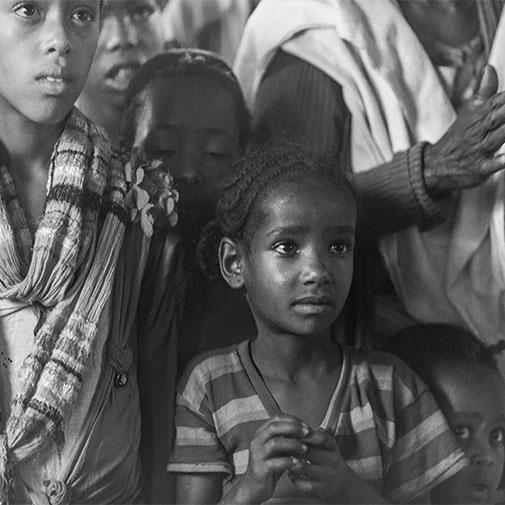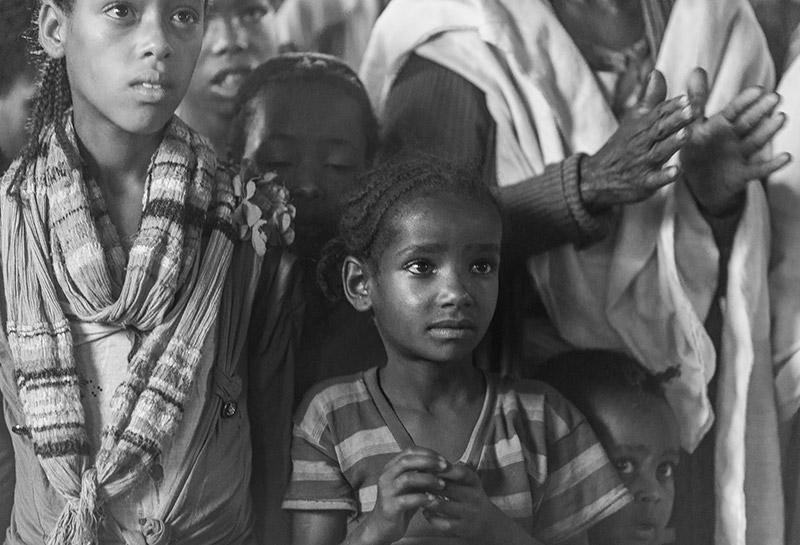I was thrilled by the spirit of celebration I found during my recent trip to Israel!
Between the moving of America’s embassy to Jerusalem (marking an important recognition of Jerusalem as Israel’s capital) and the 70th anniversary of Israel’s founding, the joy seemed apparent everywhere.
For Orthodox Jews, secular Israelis and Messianic Believers in Yeshua (Jesus) – it seemed everyone was rejoicing over these historic events.
But there was perhaps one exception. One group in Israel finds it hard to enter into the spirit of celebration: the remaining survivors of the Holocaust.
I’ve written often about the plight of these special people, their number now dwindling. All, of course, are elderly, and so suffer afflictions common to all older people – declining health, poverty and loneliness.
For these remaining survivors of the Holocaust, life is far more difficult …
The survivors continue to be haunted by memories of the horrors they experienced in their youth under the Nazi regime. Survivors like Clara.
In 1940, when Clara was only 3 years old, the Nazis had come to power and Jews were being widely persecuted. By pretending to be Catholic, Clara’s mother managed to get her placed in a Catholic orphanage where the priest was sympathetic to Jewish people. In all, 13 Jewish children lived at the orphanage, all pretending to be Catholic.
But one day, the Gestapo came looking for Jewish children. After killing the priest, they used dogs to find the hiding children – including Clara, who hid in the bathroom. Dragging Clara by her hair, they forced her to join the other 12 captured Jewish children, and all were taken to a Jewish labor camp called Sered.
When Clara’s mother discovered she had been taken, she went to the Nazis, demanding she be allowed to join Clara.
Soon after, Clara, her mother and many others were transferred by train from Sered to the notorious concentration camp of Theresienstadt. The train, designed to transport animals, was stuffed with so many people – young, old and sick – there was room only to stand. Without sanitary facilities, after four days the stench was unbearable. By the time the train arrived, many of the people had died.
At Theresienstadt, some who had not died on the train were executed outright. Many of the children died of disease and starvation. Fortunately for Clara, her mother managed to sometimes sneak additional food to her, keeping her healthier than most.
Eventually, the Russian army liberated Theresienstadt, freeing Clara and her mother. Many years later, when she was 50 years old, Clara immigrated to Israel, joining her mother and brother there.
Still today, as an elderly woman on a very small pension, Clara vividly remembers the fear – fear of the Gestapo, fear of the dogs, fear of separation from her mother.
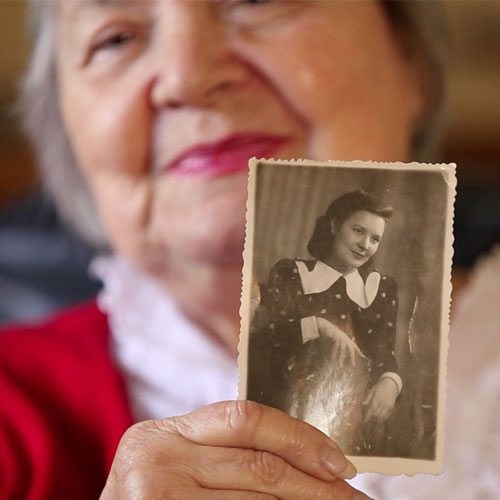 Clara already survived a horrific nightmare, and witnessed evil that most of us cannot imagine. You’d like to think dear people like her could find security and comfort in their last years.
Clara already survived a horrific nightmare, and witnessed evil that most of us cannot imagine. You’d like to think dear people like her could find security and comfort in their last years.
Unfortunately, that often is not the case.
An estimated 186,000 Holocaust survivors in Israel live below the poverty line. Most struggle to survive on small pensions that simply do not provide enough to live on. They often must choose between buying food, purchasing medicines or paying for heat for their tiny apartments in the winter.
And it certainly means many survivors can’t afford dental or eye care, which is terribly expensive in Israel.
For example, dental care is so common for most of us, we take it for granted. So it seems unthinkable that the dear men and women who survived the horrors of the Holocaust should now be unable to eat or smile or talk, just because they cannot afford dental care.
A leader from one of our Jewish Voice partner agencies describes the great impact of something as simple as dental care for Holocaust survivors:
“The generous gifts from Jewish Voice and its partners allow the Holocaust survivors in Israel to get treated, restoring joy and hope to their hearts and enabling them to eat, smile and speak normally.”
That’s why Jewish Voice is absolutely committed to ministering to elderly Holocaust survivors in Israel. But we cannot do any of this without your help.



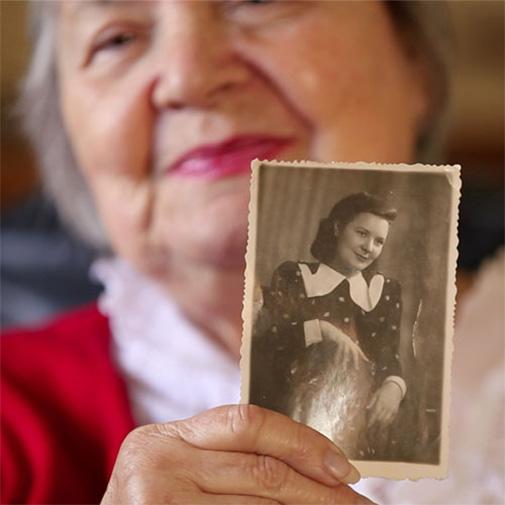



 ISIS Accused of Trying to Pull Israel into Their Fight
ISIS Accused of Trying to Pull Israel into Their Fight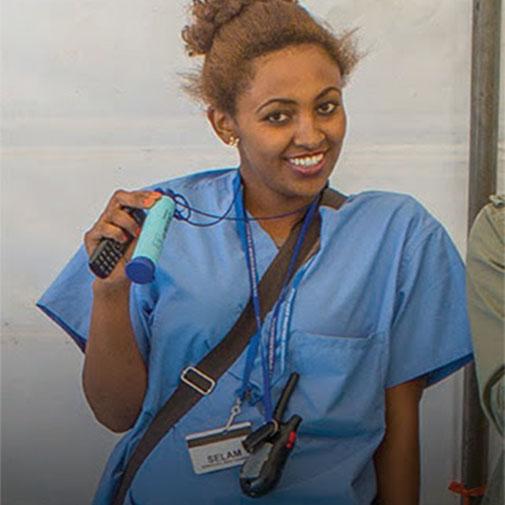

 Demes: Inspired to do more
Demes: Inspired to do more Selam: Reaching out to her own people
Selam: Reaching out to her own people